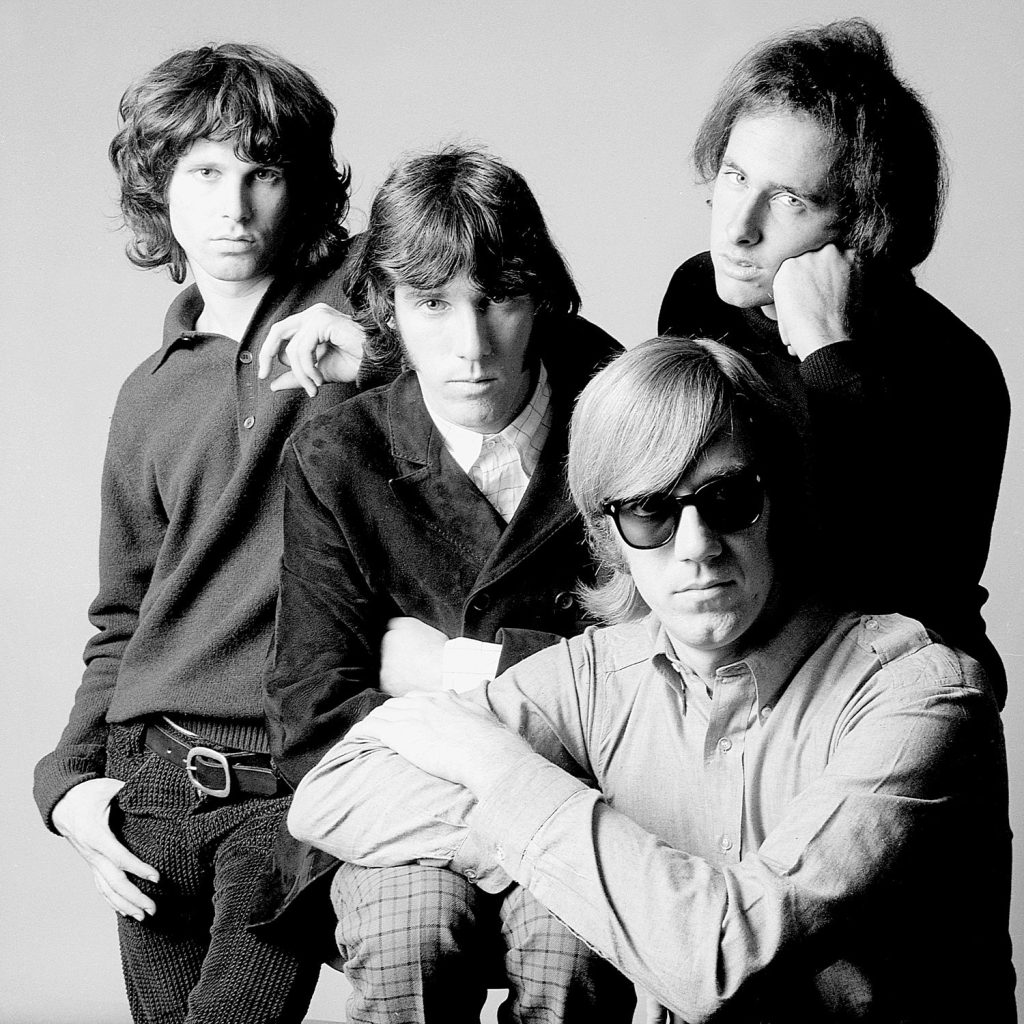
People Are Strange: A Haunting Ballad by The Doors
In the realm of rock music, few bands have managed to capture the essence of human psychedelia and the complexities of the human condition quite like The Doors. Led by the enigmatic and captivating Jim Morrison, the band’s music was a tapestry of poetic lyrics, bluesy rock instrumentation, and theatrical stage presence, leaving an indelible mark on the cultural landscape of the 1960s. “People Are Strange”, a standout track from their 1967 album Strange Days, stands as a testament to their enduring legacy, offering a poignant reflection on alienation, isolation, and the ever-present search for connection amidst a world of perceived strangeness.
From the opening notes, “People Are Strange” exudes an air of haunting melancholy, its minor key tonality and slow, deliberate tempo setting the stage for Morrison’s deeply emotive vocals. The lyrics, awash in vivid imagery, paint a picture of a world where individuals feel disconnected and misunderstood, their attempts at communication met with indifference or even hostility.
“People are strange / When you’re strange / Faces look ugly / When you’re strange”, Morrison laments, his voice imbued with a palpable sense of loneliness and despair. The repetition of the word “strange” underscores the pervasive feeling of alienation, emphasizing the chasm that separates the narrator from those around them.
The verses delve further into the depths of human isolation, highlighting the struggles of individuals grappling with their own perceived strangeness. “I see them running scared / I see them stumbling blind / I hear their voices screaming / I see their faces twisted in fear”, Morrison sings, his words painting a stark portrait of a world teetering on the brink of chaos.
Amidst this bleak landscape, the chorus offers a glimmer of hope, a fragile plea for understanding and connection. “People are strange / But I’m more strange”, Morrison acknowledges, his voice laced with a hint of vulnerability. This admission of shared strangeness serves as a bridge, an invitation to empathize with those who may seem different or misunderstood.
“People are strange / When you’re strange / Faces look ugly / When you’re strange”, the chorus repeats, emphasizing the universality of human experience, the shared sense of alienation that can bind us together despite our differences.
The song’s closing moments fade into a haunting instrumental outro, leaving the listener with a lingering sense of unease and introspection. “People Are Strange” is a powerful reminder of the human condition, a stark portrayal of the struggles we face in connecting with others and finding our place in a world that can often feel strange and indifferent. Yet, amidst the darkness, there lies a glimmer of hope, a suggestion that perhaps, in our shared strangeness, we can find a common ground, a bridge to understanding and empathy.